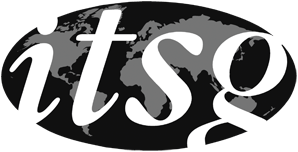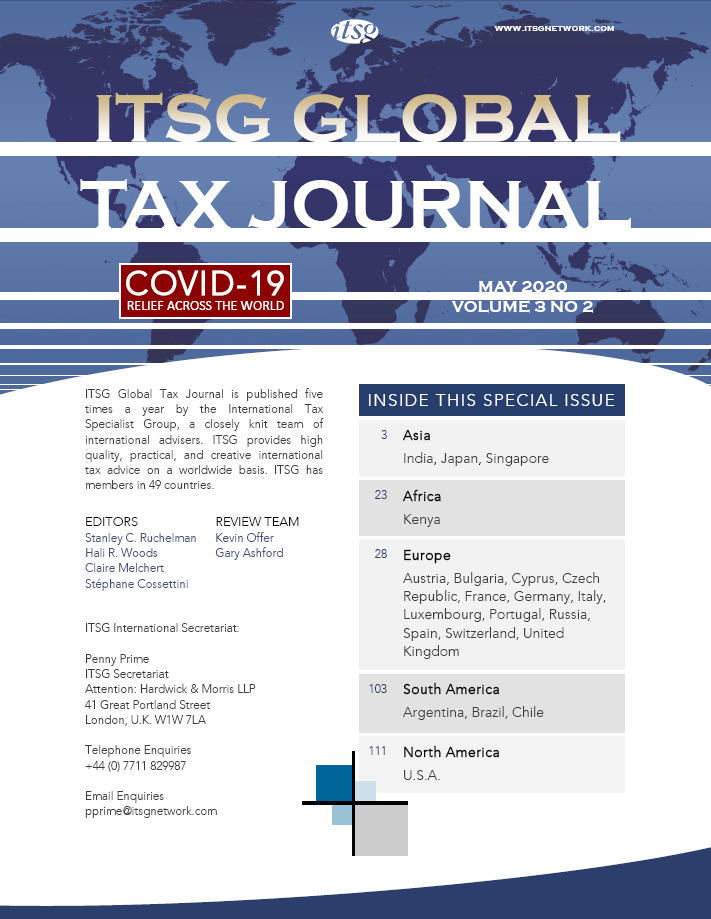In terms of value-added tax (V.A.T.), companies suffering from the coronavirus crisis can avoid liquidity disadvantages– in some cases, even refunds are possible.
Relief measures at federal and state level (Länder)
For companies that are particularly affected by the economic consequences of the coronavirus crisis, it is possible to obtain deferrals, reductions of prepayments and a stay of execution for tax payments. These regulations also apply to V.A.T., as the Federal Ministry of Finance (B.M.F.) has now clarified. At first glance, this is surprising as the tax authorities have been rejecting applications for V.A.T. deferrals in principle on the grounds that the taxpayer collects the tax from the recipient for the tax authorities and that this has the effect of a transitory item for the entrepreneur.
Companies directly and significantly affected
There are no strict requirements for verifying the conditions under which the coronavirus crisis has directly and not merely insignificantly affected a company. Plausible information from the taxpayer that the coronavirus crisis is having serious negative effects on his or her economic situation is sufficient for the tax authorities.
Every day, the number of businesses directly affected and the number of owners facing numerous constraints on their daily lives is likely to grow. For example, the current nonpayment of rents due to the COVID-19 crisis will lead to a lack of liquidity among landlords. Insofar as rentals in the com mercial sector are subject to V.A.T., the V.A.T. – as a rule for businesses – must nevertheless be included in the advance V.A.T. returns if the landlord has executed his or her rental service, even if no payment is received. In this respect, a deferral – preferably interest-free – can prevent a liquidity disadvantage. Only those entrepreneurs who are subject to actual taxation (V.A.T. becomes due at the time of the cash-in of the rent) do not need to transfer V.A.T. to the tax authorities before receiving the rent.
With regard to coronavirus-related rent losses or rent reductions, we assume that the landlords concerned are entitled to interest-free payment deferrals. In this case, the legislature created the prerequisites for such revenue losses from an economic point of view on 27 March 2020, with the Act to Mitigate the Consequences of the COVID-19 Pandemic under Civil, Insolvency and Criminal Procedure Law (COVID-19 Act) by removing the possibility of termination.
Reimbursement of V.A.T. prepayments
As the B.M.F. has made clear1, the measures even go one step further. It is possible for those who are not merely insignificantly affected to adjust V.A.T. prepayments retroactively and reduce them to zero for 2020. This means that advance payments already made can also be refunded. This applies to cases in which a permanent extension has been granted. The application must be submitted informally or via the respective electronic transmission system (Elektronische Steuererklärung – ELSTER) to the responsible tax office2. If the direct and significant effect does not result from the trade practiced, this should be explained in the application in a comprehensible manner. An example of a trade for which an explanation could be helpful is a stand constructor business.
Conclusion
Interest-free deferrals and refunds of V.A.T. prepayments already made can be a simple means for affected companies to obtain additional liquidity during the crisis.
Some taxpayers must be careful not to suffer an additional liquidity disadvantage in the event of a loss of turnover due to the coronavirus crisis, if they also have to pay V.A.T. on the lost turnover. We are of the opinion that such entrepreneurs are entitled to interest-free deferrals and that they can claim reimbursement of the tax prepayments.
However, it should be pointed out that, in our experience, the tax authorities in the individual federal states have different requirements in terms of who qualifies as “directly and significantly affected.” In the interest of uniform handling and legal certainty, it would be desirable if the new relief measures were applied and interpreted in a uniform, unbureaucratic, and comprehensive manner.
1 Sh. F.A.Q. “Corona” of the B.M.F. dated 1 April 2020 (point II.1).
2 For the procedure in ELSTER, please refer to the practical instructions of the Bavarian tax authorities.
The contributions of the following lawyers are acknowledged.
- Dirk Koch (Lawyer, certified tax advisor Specialized lawyer for tax law Munich)
dirk.koch@gsk.de - Dominik Berka (Lawyer, certified tax advisor Frankfurt)
dominik.berka@gsk.de
Original document can be found at: gsk.de/en/covid-19-legal-implications-coronavirus-crisis/

 Login
Login




















































